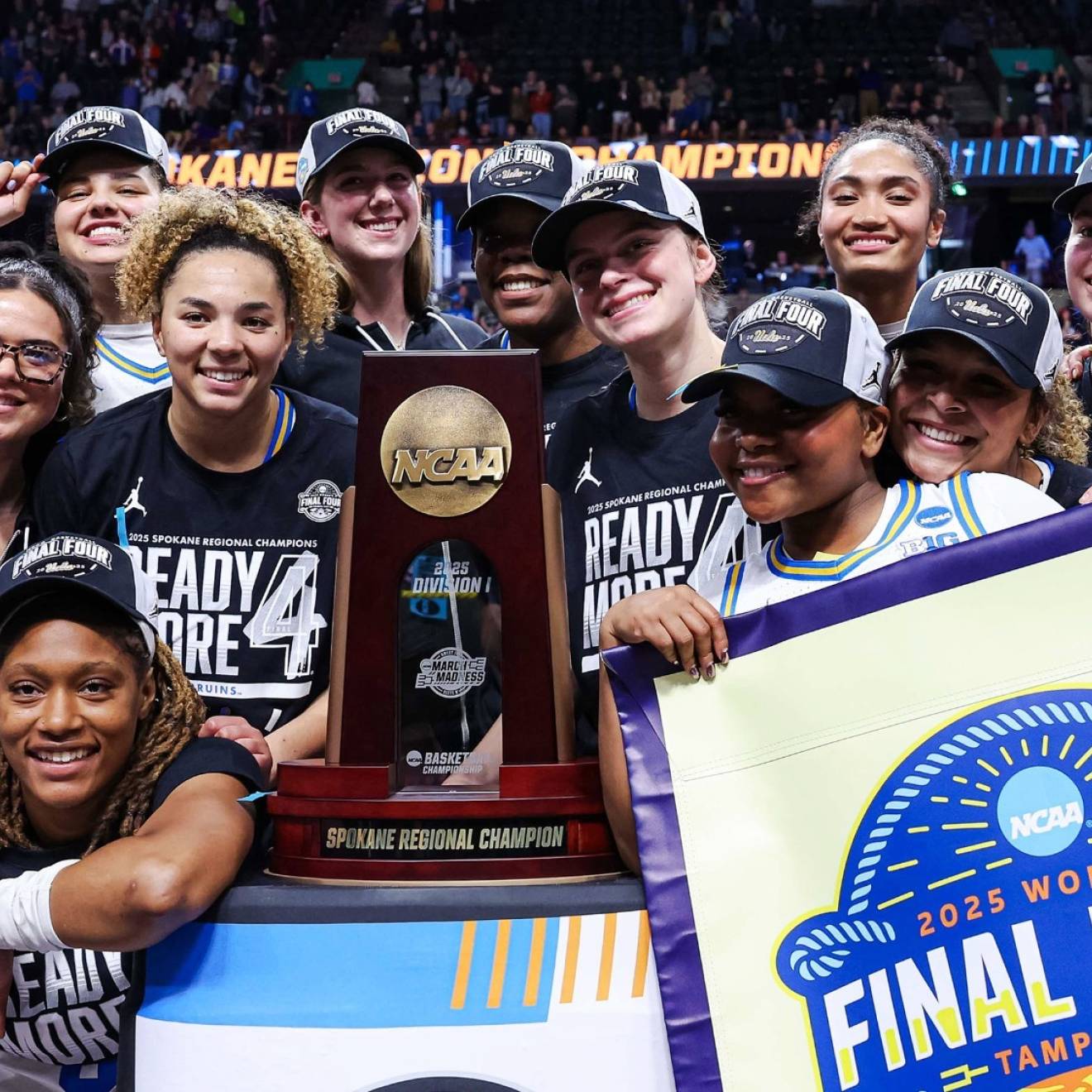Carolyn McMillan, UC Office of the President
California Gov. Jerry Brown today (Jan. 10) proposed a state spending plan for the coming fiscal year that would provide a modest boost to the University of California's operating budget for 2013-14.
The state legislature still must agree to the spending plan, usually a lengthy negotiation process continues through spring. If enacted, the plan would restore $256.5 million of the $900 million cut from the university's state funding over the past five years. The California State University system would receive a similar budget increase.
"The leadership of the University of California is grateful that Gov. Brown is proposing re-investment in higher education," said Patrick Lenz, UC's vice president of budget and capital resources. "After absorbing nearly a billion dollars in state funding cuts during the past five years, we see his budget proposal as a very positive step forward in a process that will unfold over the next several months."
Nearly half of the $256.5 million UC would receive under Brown's plan is revenue that had been promised in return for UC's decision to forego a tuition increase this year despite a $750 million reduction in state funding.
In addition to the new revenue, Brown's budget plan would shift general obligation bonds to the university's base budget, a move that would add $201.7 million for both capital and operating budget purposes at UC. An additional $10.2 million would be provided for debt service on lease purchase revenue bonds. The transfer of the general obligation bonds to the university is significant because future state budget adjustments would be based on a UC appropriation of $2.84 billion rather than the current $2.37 billion.
UC officials said they were still reviewing the details of Brown's budget but agreed with its emphasis on holding down operating costs and ensuring that UC remains affordable to the state's students and families.
Lenz noted that UC is well on track to reducing systemwide administrative expenses by half a billion dollars over a five-year period, part of its ongoing effort to cut costs, find new revenue sources and work more efficiently.
"The state's recent disinvestment in higher education has forced significant tuition increases, but it's important to remember that tuition revenue covered only about 38 percent of the budget gap resulting from the cuts in state funding," Lenz said. "The rest of the shortfall was met through spending cutbacks, efficiencies and alternative revenue sources.
"Nonetheless, the university has continued to offer a seat to all eligible students wishing to attend UC and has ensured access for students from low- and moderate-income families. As a result, nearly half of all resident UC undergraduate students pay no tuition. We share Gov. Brown's interest in stabilizing tuition, and will explore every opportunity to do so."

